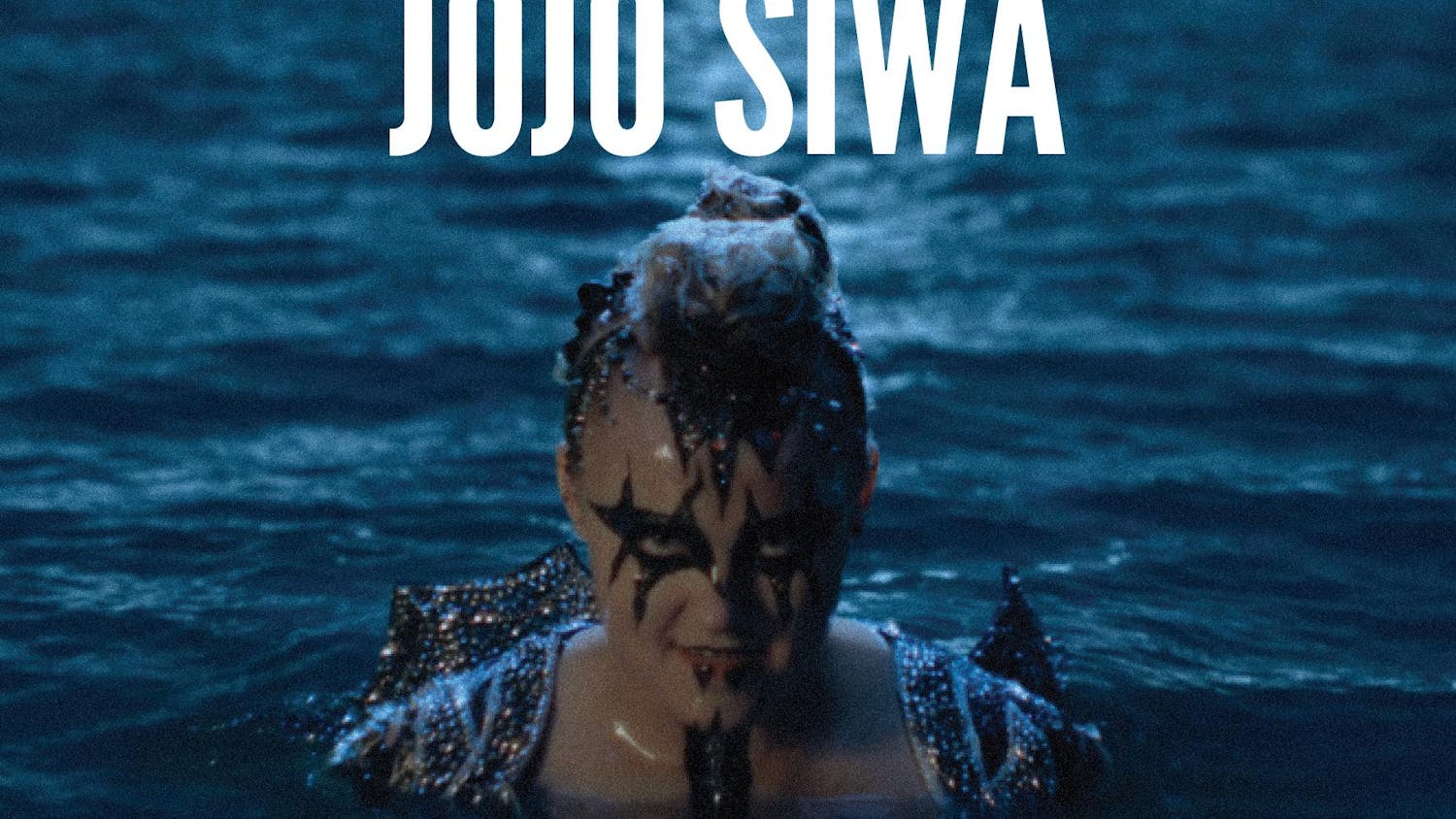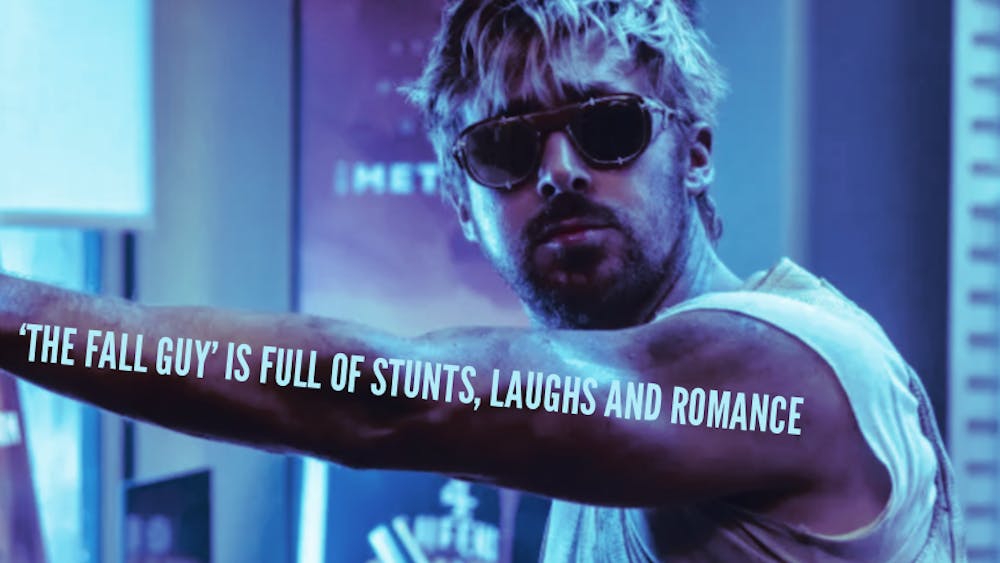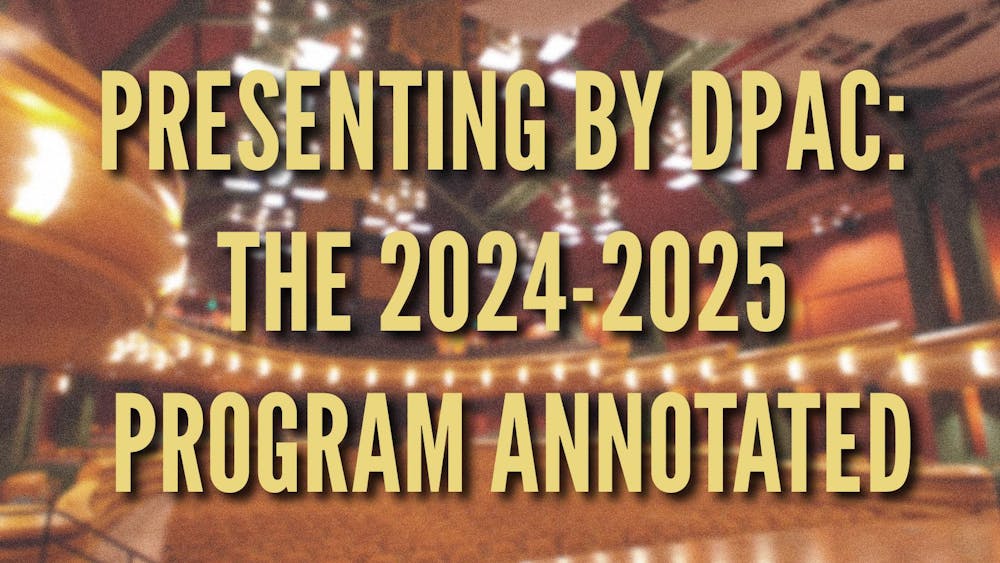
Editor's Note: Last Saturday, Creed Bratton sat down for an interview with two members of The Observer Scene staff. Below is a transcript of the entire conversation.
Adam Ramos: Now I know a lot of comedians are beginning to steer clear of college campuses, a lot to do with the oversensitivity. Is this something you consider when doing a show at a college?
Creed Bratton: Well basically it’s Creed’s plan to taint the youth of America. People need “Creed-isms” in their lives.
AR: When you do a college show do you ever get pushback?
I’ve definitely been kicked out of college shows; I just hope that tonight is the exception, I hope I don’t get the hook in the middle of the show because it doesn’t start to get good until about three-fourths of the way through.
AR: Do you find that there is an age gap at all when you play college shows?
No. No I mean I have a younger crowd. My fan base from my Rock-and-Roll, The Grass Roots, are baby boomers, but from “The Office,” they’re young, and then because of Netflix it even goes younger. So now I have a crowd of college kids that are now discovering “The Office” and luckily, knock on wood, they’re enjoying it again, it’s like a second childhood for me.
AR: Do you find that surprising or more understandable based on the show’s content?
The whole thing is surprising; I mean no one was prepared for this phenomenon. I didn’t prepare to be on this show that would become “The Office,” none of us did. It’s amazing, lucky us right?
AR: You're right, I mean it’s one of my all-time favorite shows, it has always been.
Oh thank you, I hear that a lot and I was having lunch with Oscar [Nunez] a couple of days ago and we were yakking away and we looked at each other and said “Can you believe it?” and we both just went, “Oh my goodness gracious.”
Adrian Mark Lore: You know, when I was talking to my friends about the show they got really excited but then I was describing how the show is not really standup, it’s music, and I think people seemed a little surprised — most people didn’t know you had a musical career.
Well only the people that are zealot die-hards that watched the deleted scenes, like we had the one scene in “Booze Cruise” season 2, where I play guitar — and the deleted scene talks about me being in The Grass Roots, and playing with Cream, Beach Boys, Janis Joplin, The Doors and it’s all true. I mean, I’m a rock star. And people say, “Well you used to be a rock star,” and I say, “Well, hold on, don’t take it away from me — I’m not demoted. Don’t rip my stripes off the side of my shirt.”
AR: And on the same coin, you have had those two totally separate successful careers, how do you manage that — what do you think about having those two different backgrounds?
It’s amazing, I know, but it’s hard to be objective if you’re the object. I look at them both, and people ask me if it’s hard to bounce from one to the other and I tell them no. If I act in a part, recently I was in a movie called “Terri” and it went to Sundance and it did really well, but when I came out of that I realized I had a new perspective on music. So for me, one art form elevates the other without even trying. But if I’m emoting as an actor, when I sing a song to the people in the audience, the next time I do it in front of a camera it’s equivalent. They work together, it's weird it’s like a synergy actually.
AML: And that’s something I noticed when looking back at your discography, that you were not producing as much in your early years, and you have been going back to that lately.
Well yeah, the show allowed me to go back to the studio and start cutting again. And I was hit-and-miss there for a while it was sort of an ad-hoc situation for awhile, but when “The Office” came up I was able to go back to the studio and get the musicians I wanted and go to a studio I liked with a producer I really admired. So the last two albums are full tilt, so I have done four with The Grass Roots, and six by my own, and I go back on the seventh. But I may not do a full album; I may just do an EP. And I doubt it will be a physical product, because no one buys it anymore.
AR: You're right, and I mean for me I get all my music from Spotify, just because it’s so easy. As an artist do you like the way music consumption is going or would you like a reversion?
I don’t know, I mean I like everything because I’m still doing it. In my 70s I am out here getting to play for the kids again. And I love music, I started out playing when was really young, I started playing professionally when I was 17, in clubs and I wasn’t even old enough to drink. They let me in to play lead guitar. So I don’t know. You can’t really make any money selling records nowadays, so the only thing you can do is be on the road.
AML: So you were talking a little bit about music and your background, what would you say are your biggest influences? I think I saw you listed jazz and classical [music].
Yeah — that’s absolutely fact, I listen to a lot of classical and jazz still. People like [John] Coltrane, Miles Davis — I love all the stuff he did with Bill Evans, just absolutely brilliant. I listen to some pop groups, but I don’t even know what groups are out there, it just all sounds the same. There is this template they do now, it’s just all the same and I abhor that. I hear someone that’s unique once in a while and I enjoy that.
AML: And I think that’s part of the reason we as music lovers love finding those artists who are still doing it for the music’s sake, not so much for the radio time.
You’re right and I hope I’m still carrying the flag for ’60s singer-songwriters. Because I think that’s what I was trying to do and I have just carried on with never a conscious effort of trying to write a song for the radio. I’ll be walking around about to cook, or work out or whatever and all of sudden my guitar calls out to me and the song just comes out. And I say, okay, these are songs that are calling to me to preform and I have an obligation to play these songs.
AR: Now to transition into the acting side of things, I know most of your early life was devoted to music. How exactly did you find yourself getting into acting?
You’re right, from a young age I was surrounded by music, but after going through a lot of uncomfortable situations as a child, which create art — I don’t want to get into it — but it stymied me as a human being and I stuttered really badly to the point that I couldn’t even articulate. So the teachers took pity on me and pulled me out of school and gave me a therapist because they said my mind was going way too fast, and it was just fear — fear of not being able to say what I wanted to say. And so in trying to conquer my fear I began public speaking, which led to acting because they said it would be a good thing to do, and I found that I was good at it. So I began doing a lot of little stuff for years and years, like TV shows and movies, just really looking for a break, and then I found “The Office.” So it really just started as a way to conquer a fear and I found a talent.
AR: Now during your time in The Grass Roots — were you looking for acting roles during that time?
So I left college and went to Europe with a folk band called The Young Californians for over two years in Europe, then came back and went to Israel where I meet Warren [Entner] and I hooked up with him and had a band called The 13th Floor and that band became The Grass Roots in 1967. But at that time, I had come back from Europe and was planning on becoming an actor. I had told people that I wanted to be an actor. In fact, that’s why I choose the name Creed Bratton. Because I saw my self as an actor, music was just something I did. I was planning on acting: I mean I was a reasonably attractive young man so that’s what I did.
AML: So do you consider yourself primarily a musician or primarily an actor?
I think really both right now, the way things have been going. I mean I can make a living and do this thing and tour around and survive just fine, thank you very much. But that being said I would love to find another part in another show and still have fun and get my rocks off as an actor.
AR: Now your perception to the public, this sort of rock star-turned-actor, is it the same image you have of yourself or is it completely different?
Oh no, no. You can already see I am little bit more contemplative and softer then the rock star or Creed character. It’s just how you present yourself — you find what works. I meditate and do yoga and I read, read a lot. And you will see later at the show that a lot of the songs have been germinated because of that.
AR: Now your character in the show, is it a character that comes naturally, or one that requires a lot of work to get into?
Now you always have to bring a little bit of yourself, and what I brought was an obvious extension of my life. I mean I had a crazy life. I’m a rock star, so I mean I party-hardy-ed and I did all that stuff. So my character I wrote was what would happen if I stayed that way and hadn’t grown up and you can see my audition tape on Buzzfeed, so the character has a blackout period on a bus and wakes up in a dumpster in Scranton outside Dunder Mifflin — so that was the idea. So they took it on and on. So I would see what I was gonna do and I would just howl. They only time I ever questioned the writing was this one time where they had a slight pedophilia undertone, and it was funny, but I didn’t think it worked. I mean the character is a crazy man so I don’t really care, the whole thing with “maybe a man slipped in,” change the ecosystem or steal from children, or kill people, because c’mon I don’t care, that's funny. But so I balked at that one thing, because c’mon he wouldn’t do that.
AR: And you're right, one thing I love about the character is that despite his whole persona, he really does have a good heart.
You’re right, because he’s got to be lovable in a weird way.
AML: Now before we end is there anything you would like to say that we didn’t ask?
Yeah, that I’m a sexual dynamo. I walk into these bars with these 60-year-old debouched divorcees and I have my pick. Tell the kids that — better yet tell their grandparents.













